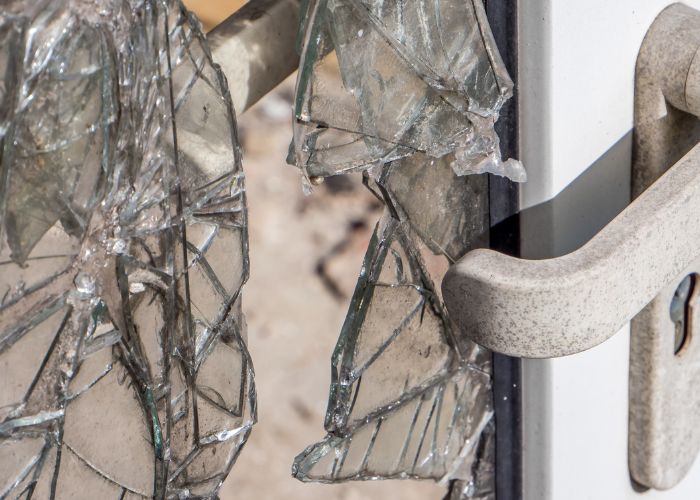BARCELONA – The number of squatters in Catalonia has increased by 10% in the past three years. Some conservative sectors see it as an inflated problem, others call it one of the key challenges for the region’s economy.
In 2021, 7,345 house burglaries were reported in Catalonia. This is according to data from the Ministry of the Interior. This number makes up 42.5% of the 17,274 legal proceedings against squatters, not just in Catalonia, but across Spain. The percentage has remained almost stable in recent years at 45.4% in 2019 and 44.2% in 2020. Based on these figures, the Catalan authorities admit that this is a socio-economic problem that should not increase further. Therefore, it is time for action.
New anti-eviction law
The Generalitat has pursued a two-faced policy in recent months: kind to tenants in need and tough on those who commit crimes. In February, the Catalan parliament approved the new anti-expulsion law. This replaces a law that was annulled by the Constitutional Court in 2021 due to a procedural error. The new law extends the obligations of large rental companies towards tenants with payment arrears.
Related post: Home sales including squatters a new trend in Spanish real estate market
Rental companies with more than 10 or private individuals with more than 15 apartments are obliged to offer social rent. Also, residents who do not have a contract because they have squatted the building. In addition, the term of this obligation is extended: by five years if the property owner is a natural person, by seven years if it is a legal person and by twelve years if it is a bank or an investment fund.
New eviction law
In addition, the Catalan government is preparing a second regulation to tackle squatters. Large real estate companies and banks often do not go to court, which makes it difficult for the police to act. With this new regulation, in the event of crime, municipalities or associations of owners can also initiate evictions in addition to the landlords.
However, they must inform the owner of the property in advance. They then have one month to respond. If this is not done within that period, the owner of the property risks a fine that can rise from €9,000 to a maximum of €90,000. The owner also has to pay the costs of the eviction and in extreme cases can even lose the house. It is then handed over to the competent authority to be used for social rental purposes.
More powers for the police
Currently, without a court order, police cannot raid a property to evict illegal tenants if they peacefully resist and do not commit a crime. The Catalan government, therefore, wants to give the police more power. This requires a law that is following European directives. With more powers for the police, the regional government is meeting the demands of the Barcelona Chamber of Urban Property. It calls for an acceleration of deportation proceedings.
The Association of Property Developers of Catalonia also regrets the lack of legal mechanisms to stop squatting quickly. This association also denounces that even squatting in unfinished homes is going through the roof. Furthermore, the entire Catalan real estate sector criticizes the authorities’ too-tolerant policy.
Depreciation of homes in the same building
If a building is squatted, it is not only a problem for the house itself and the owner concerned. Its effects seep through to the entire block or building. Leaving aside the problems that often arise between squatters and their neighbours, it appears that an apartment in a building where squatters are located loses between 25% and 40% of its value. That loss in value can be up to 60% for the squatted house.
Related post: What to do if there are squatters in your home in Spain?


